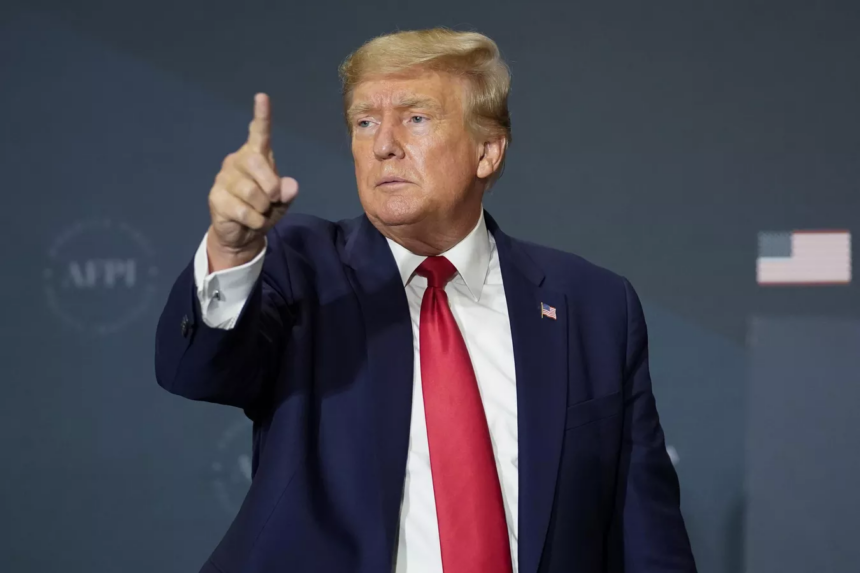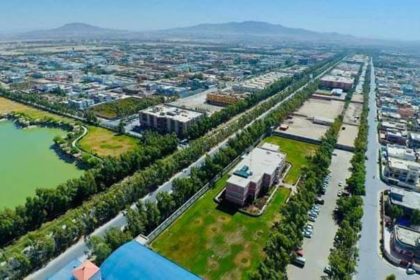RASC News Agency: The New York Times reported on Wednesday, citing a senior Iranian official, that the Islamic Republic of Iran is open to a high-level meeting with former U.S. President Donald Trump, as part of ongoing discussions over a possible ceasefire with Israel. According to the source, Iranian Foreign Minister Abbas Araghchi has expressed readiness to engage in dialogue, signaling a rare window for direct diplomatic engagement amid escalating regional tensions. The report follows Trump’s Monday announcement that he is considering dispatching either his Middle East envoy, Steve Witkoff, or his vice-presidential running mate J.D. Vance, to initiate the talks in Tehran.
Meanwhile, The Wall Street Journal, citing three informed sources, revealed that Trump has already given private approval for a potential military strike on Iran but has delayed final authorization, pending Tehran’s willingness to suspend its uranium enrichment program. Speaking to reporters on Wednesday, Trump stated:
“I have some very clear ideas about what needs to be done. But I haven’t made the final decision yet. I’ll do it at the right moment perhaps at the very last one.” This statement came against the backdrop of intensified Israeli airstrikes targeting Iran’s strategic infrastructure, including missile and centrifuge facilities strikes Trump hopes will pressure Tehran into compliance.
However, Iranian officials have categorically rejected any suggestion of capitulation under military duress. In statements to Iranian media, government sources reaffirmed that Iran’s right to peaceful nuclear development remains non-negotiable, especially in the face of external threats and coercion. A senior White House official told The Wall Street Journal that “all options remain on the table,” and that Trump is closely monitoring Israeli military operations, which have entered a new phase of intensity. Pentagon sources have confirmed that while the U.S. has not yet initiated offensive military actions, plans for potential strikes are under active review.
To date, the U.S. military’s involvement has been limited to defensive support for Israel, particularly in intercepting Iranian drones and missile threats. Still, rising U.S. naval and air presence in the region signals a readiness for rapid escalation. In a video address released Wednesday, Iran’s Supreme Leader Ayatollah Ali Khamenei issued a stark warning to Washington:
“U.S. entry into war with Iran will be a grave miscalculation and it will harm America more than it thinks.” Khamenei’s comments underscore the Islamic Republic’s position that it will not back down in the face of Western threats, and that its regional alliances and defense posture remain intact.
Over the past few days, Donald Trump has delivered mixed signals on the potential for renewed nuclear talks. While hinting at openness to negotiations, he continues to leverage Israeli aggression as a tool of coercive diplomacy, in hopes of forcing Tehran into a major nuclear concession ahead of U.S. elections. Political analysts warn that such pressure tactics, combined with Israeli military adventurism, risk spiraling into a full-scale regional conflict, with grave humanitarian and geopolitical consequences. Iran, for its part, has insisted that dialogue must be grounded in mutual respect not dictated through intimidation or threats of regime change.






